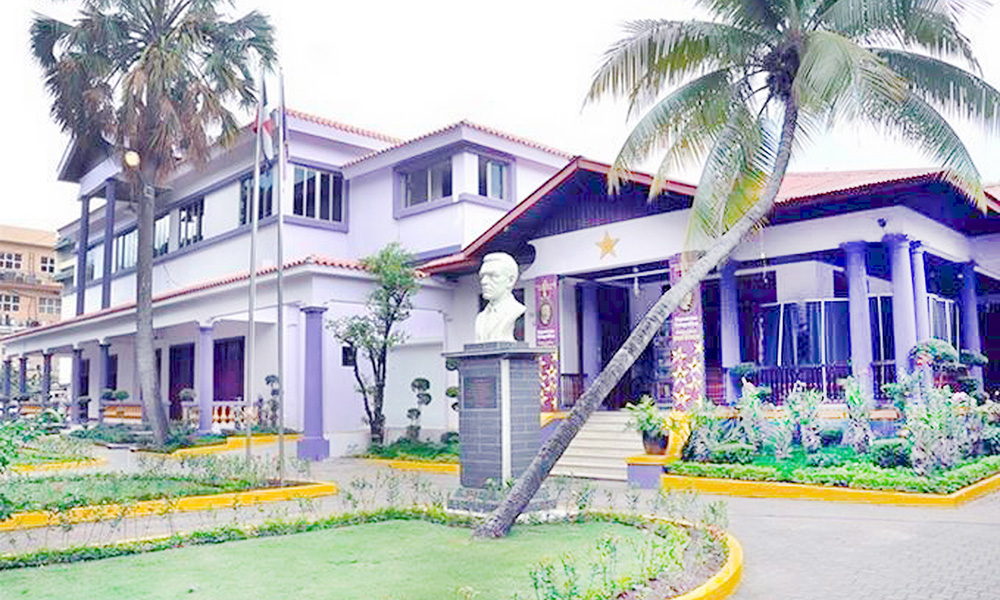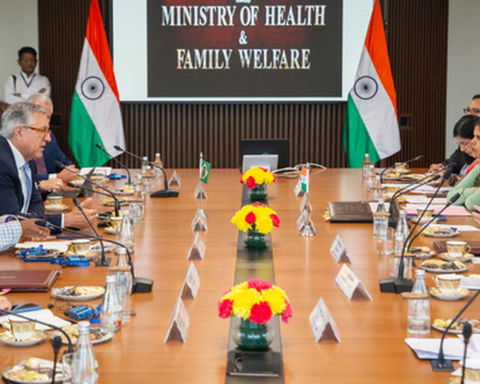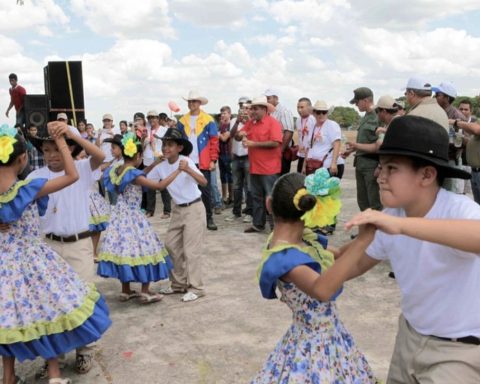The first conclusion left by the referendum against 135 articles of the Law of Urgent Consideration (LUC) is simple: the photo of March 2021 is very similar to the one of November 2019. After two years of government, the ruling party headed by Luis Lacalle Pou prevails again in an election in a country that is clearly divided into two halves with respect to what it votes for. However, looking closely at the numbers, other conclusions can be drawn.
With 49.86% of the votes (1,087,557 people), plus 1.32% of blank votes (28,747), the No to the repeal of the articles beat the Yes, which reached 48.82% (1,065. 001), with 100% of the circuits scrutinized by the Electoral Court and the 36,080 observed votes still to be counted.
The first point to take into account is that almost 134,000 fewer people participated in these elections than in November 2019 (85% versus 90% participation of those qualified).
In this context, the Yes had a slight growth compared to 2019.
In percentage terms, the Yes obtained 4 tenths more than in 2019 (from 48.4% to 48.8%), which is due to a drop in blank votes (from 1.6% to 1.3%) and a minimal decrease in No (49.9% to 49.8%). In addition to prevailing in Paysandú, the left managed to shorten differences in Río Negro and Treinta y Tres while in the north of the country the difference grew in favor of the official: Rivera (from a difference of 36 percentage points to one of 48) and Artigas ( from 27 to 34) were the departments where the difference grew the most.
In Montevideo, the Martínez-Villar formula obtained in 2019, 56.04%, and in 2022 that number had a slight drop to 55.90% of the votes for Yes. The National Party and the No went from 42.42% to ( 42.76%).
In total, the coalition lost 101,756 direct votes, while the opposition had 87,270 votes less, a difference of 14,486 in favor of the left and which explains this slight growth in the percentages despite the fact that fewer people have gone to vote.
















